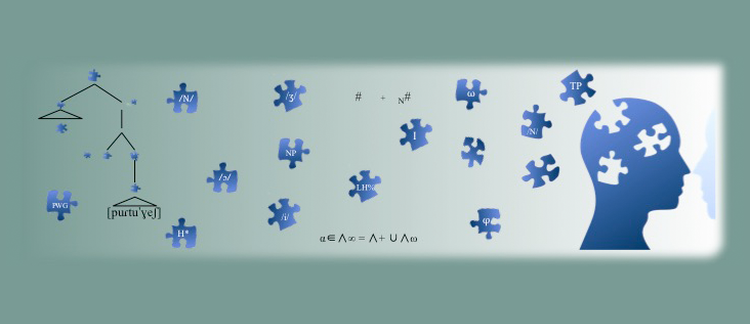Abstract
Lexical effects on speech perception are not very reliable and they have been shown to depend on various factors among which word length. In the current models of phonemic decision, lexical effects are conceived as arising from top-down processing, with or without feedback, depending on the model. Lexical effects tend to be stronger in longer words, which can be ascribed to an increase in the amount of lexical evidence. The present study was aimed at collecting further evidence on this point. The existence of lexical effects was confirmed in a series of two experiments on voicing identification in French initial stops. The effects were present for stops in monosyllables and polysyllables whereas they were almost absent in bisyllables. We tentatively explain the U-shaped relationship between lexical evidence and phonemic identification by two different mechanisms which would be both weakly effective with moderate amounts of lexical evidence (in bisyllables). With fairly large amounts of lexical evidence (in polysyllables) the lexical effect would be due to the fairly complex top-down processes postulated in the literature. With low amounts of lexical evidence (in monosyllables), a much simpler mechanism based on a re-analysis of the acoustic input would be at work.
Keywords
Phoneme perception, Lexical effects, Voicing, French stops
How to Cite
Serniclaes, W., Beeckmans, R. & Radeau, M., (2011) “Lexical Influences on the Perceptual Categorization of French Stops”, Journal of Portuguese Linguistics 10(1), 161-182. doi: https://doi.org/10.5334/jpl.105
